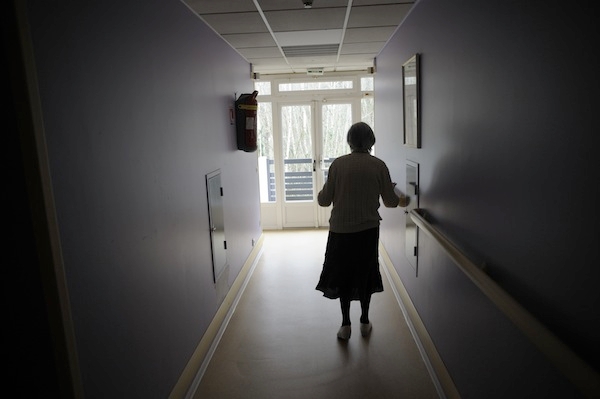Yesterday Nick Clegg published an ‘implementation framework’ for the government’s mental health strategy. This follows his announcement in February 2011 of a ‘No Health without Mental Health’ policy, which has not been delivered and is now fragmenting under the changes being implemented to the commissioning structure of the health service.
I have a special interest in this subject. About four years ago the failure of both the NHS and the private sector to deliver moderately competent mental health treatment (to me) nearly killed me; I was very ill with complex PTSD. The cost to the state of my death (in the absence of other resources and leaving behind a family of six) would have been at least as much as George Osborne’s benefit cap of £26,000 per annum, perhaps for about two decades. In the event I was able to receive lifesaving treatment in America, rubbing shoulders with millionaires and it cost about £40,000.
For almost a decade now there has been an argument made to successive governments that the cost of treating people successfully for mental ill-health is less than not doing so. It was originally made by Lord Layard and resulted in a massive increase in funding through an initiative called IAPT for talk therapy. But this explosion in delivery did me no good when I needed help and when I returned from America, I wanted to find out why. This is an area of policy which seems to unite all political parties, and yet they can’t get it solved. Who is standing in the way?
There is a straightforward solution to the nation’s basic mental health needs based on two key facts; the government wants to commission services based on what they call PbR (Payment by Results), and there are in the UK of about 17,000 counsellors and therapists accredited at the highest level in the private sector, mainly massively underemployed. It doesn’t take a genius to stick these two ideas together and think ‘hey, I know, what if we only paid for successful treatment from all of these people who are knocking about not doing much?’ The premise that successful treatment is less expensive than no treatment is helpful here. If it is true, then there should be an unending source of funding for these services, since they would more than pay for themselves.
This was the position (with reasonable safety caveats of existing NHS standards) put forward by a recent think tank paper (co-authored by me) and published by the Centre for Social Justice. No fewer than 16 eminent professors and doctors wrote to the Prime Minister and Minister for Heath that very same day to complain bitterly that it would set back the delivery of psychological therapies 50 if not 100 years.
Following this hysteria from academia, the government has failed to engage with these new ideas, despite widespread support for the paper, which received the largest response ever of any CSJ publication.
In the NHS therapy has been treated like medicine and subjected to similar levels of scrutiny by the NHS’ guidelines as chemotherapy or open-heart surgery. This has led to a distorted bias towards techniques favoured or invented by academics who have access to the resources to run such medical grade trials. The academics are not giving up their stakeholder positions without a fight, and with good reason.
Hundreds of millions of pounds has been poured into these very narrow channels of provision supported by academia. Meanwhile GPs on the front-line complain that it’s not working and commissioners are starting to look elsewhere (85 per cent of referrals to IAPT do not result in their own definition of ‘recovery’, even though there are some other benefits to the service).
Get Stable has registered thousands of accredited therapists willing to work for the NHS at their own financial risk providing recognised therapies nationwide. We’d like the NHS to commission them, but, as one senior official said to me, ‘we can’t do that. It would make us look like we didn’t know what we were doing for the last eight years’.
Benjamin Fry is a psychotherapist, the founder of Get Stable and runs a specialist trauma clinic Khiron House in Oxford and London.






Comments